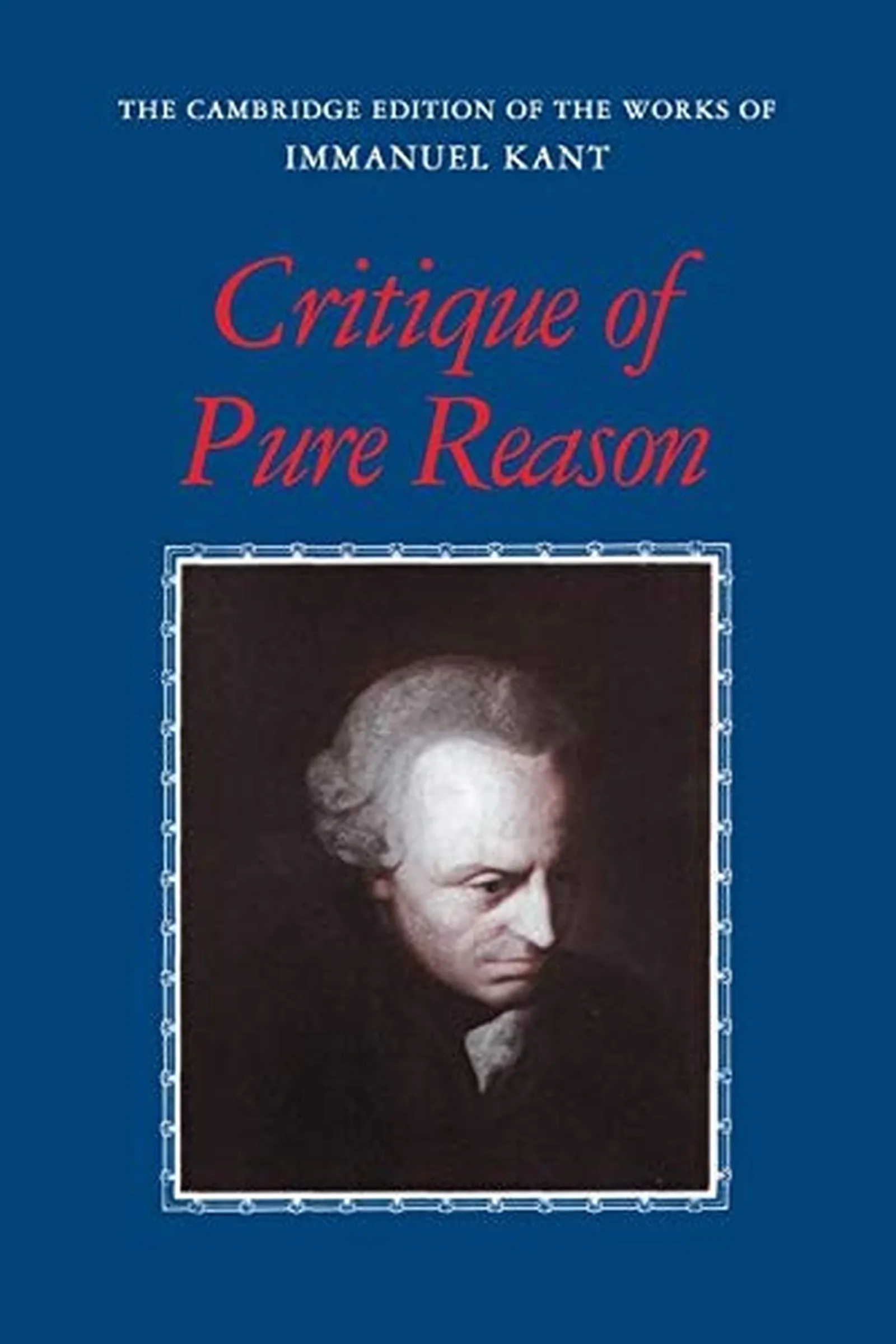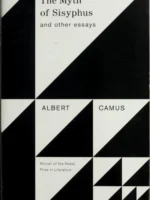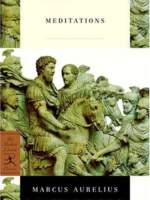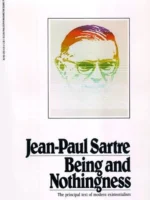Critique of Pure Reason, Immanuel Kant, 1781
- Author: Immanuel Kant
- Genre: Philosophy
- Publisher: Cambridge University Press
- Publication Year: 1999
- Pages: 176
- Format: Paperback
- Language: English
- ISBN: 978-0521657297
- Rating: 4,3 ★★★★★
Critique of Pure Reason Review
About
Immanuel Kant’s Critique of Pure Reason (1781, revised 1787) is one of the most difficult—and most transformative—works in the history of philosophy. It’s the book that changed how we think about thinking itself. Kant set out to answer a simple but world-shaking question: what can we truly know, and how? His answer built a bridge between rationalism and empiricism, grounding modern philosophy in the structure of human reason.
Overview
Kant argues that knowledge arises from the interaction between the mind and experience. We don’t passively receive the world; we actively shape it through categories like space, time, and causality. The “pure reason” he critiques is the mind’s tendency to reach beyond experience into metaphysical speculation—God, the soul, the universe as a whole—where certainty collapses. Instead, he proposes “transcendental idealism”: reality as it appears to us is structured by our own mental frameworks.
Summary
(light spoilers) The book divides into two massive parts: the “Transcendental Aesthetic” and the “Transcendental Logic.” In the first, Kant explains how space and time are forms of intuition—ways our minds organize perception. In the second, he builds the architecture of understanding, showing how the categories of thought make experience possible. His famous “Copernican Revolution” in philosophy suggests that, like astronomy’s shift to heliocentrism, the mind doesn’t revolve around objects—objects conform to the mind. The work ends not with triumph but humility: reason has limits, but within them, it reigns supreme.
Key Themes / Main Ideas
• The limits of human reason.
• Experience as co-created by perception and intellect.
• The difference between phenomena (what we perceive) and noumena (what exists beyond perception).
• Knowledge as structured, not spontaneous.
• Philosophy as self-examination of the mind’s tools.
Strengths and Weaknesses
• Strengths — Profound, rigorous, intellectually revolutionary.
• Strengths — Built the foundation for modern epistemology.
• Weaknesses — Extremely dense; demands slow, patient reading.
• Weaknesses — The prose obscures insight for non-specialists.
Reviewed with focus on themes, audience, and takeaways — Immanuel Kant
| pa_author | Immanuel Kant |
|---|---|
| ISBN | 978-4-528-67701-2 |
| pa_year | 2015 |
| Pages | 275 |
| Language | English |







